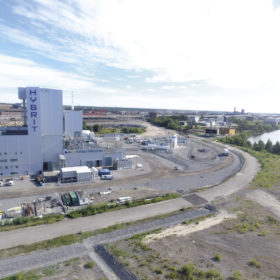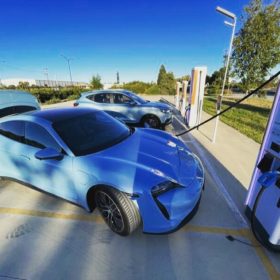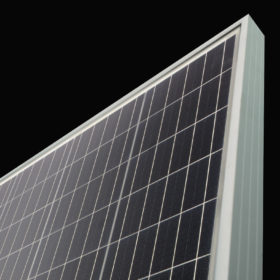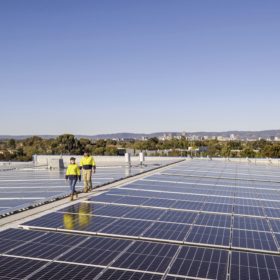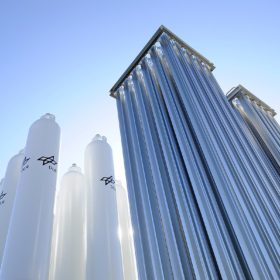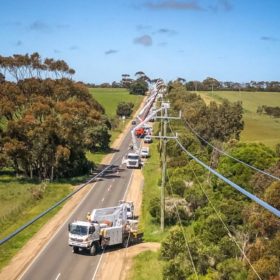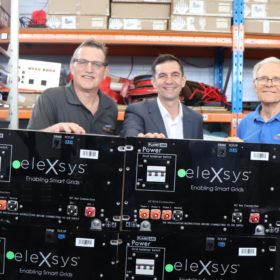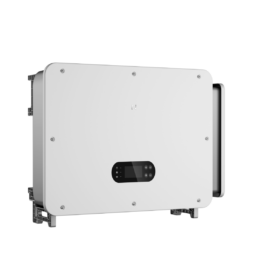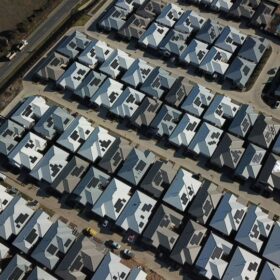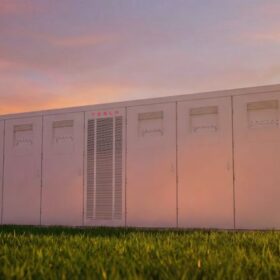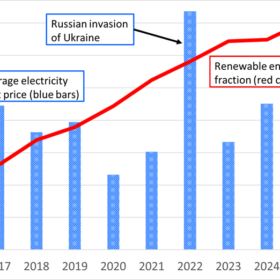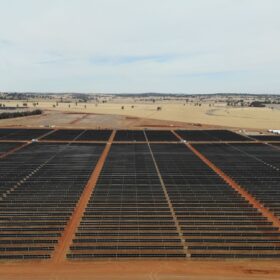Shell buys solar and storage company Savion from Australia’s Macquarie Green Investment Group
The transaction, for which Shell did not reveal the purchase price, will see the energy company pick up a U.S. project development pipeline which reportedly runs to more than 18 GW of solar generation and energy storage capacity across 26 states.
Sunday read: Making cheaper H2
The hype surrounding green hydrogen is real, but does the cost-reduction outlook for its production technologies live up to it? Christian Roselund looks at the technology, transportation, application and enabling policies behind the promising green energy carrier.
Victoria’s EV subsidy sees 200% sales boost as $8 million allocated to charging infrastructure
The Victorian government has today announced it will put $5 million towards installing fast-charging stations across the state and $3 million in new charging infrastructure grants for local council and business fleets. The government also simplified access to its $3,000 electric vehicle subsidy, saying the program has led to a 200% sales increase in the last six months.
Record solar numbers expected this year but IEA highlights pricing concern
The Paris-based body expects the world will have installed almost 160 GW of solar this year, a record number, but still not enough to keep the prospect of a net zero global economy by mid century in sight.
Jinko reduced module prices in the third quarter
The Chinese manufacturer appears to have shouldered higher input costs in return for carving out a larger slice of the world’s biggest solar market – although it’s not clear from the company’s third-quarter update that CEO Xiande Li received the memo.
C&I developers attracts backing from investment giant
Melbourne-based company Green Peak Energy has attracted the backing of one of the world’s largest investment firms, CBRE Investment Management. While deal’s details remain confidential, the Australian company, which focuses on operating renewable systems in the C&I segment and providing power purchasing agreements (PPAs), described the agreement as an endorsement of the problem it set out to solve.
Utilities and financial investors are investing in renewables, especially hydrogen, like never before
A new Ernst & Young power and utilities overview report shows that utilities and other deep-pocketed investors are putting financial support behind their environmental, social and governance initiatives.
Spark $5.2bn takeover secures foreign investment approval
Spark Infrastructure looks set to be sold off with the Foreign Investment Review Board giving its tick of approval for a North American consortium led by private equity giant Kohlberg Kravis Roberts to acquire the Australian electricity network operator.
Queensland cleantech company wins grant to build manufacturing base in Australia
Brisbane’s eleXsys Energy has won a government grant which will allow the company behind Australia’s largest grid-connected microgrid to build its manufacturing base here in Australia.
Shell teams with ICG to buy Meridian’s Australian assets in $729m deal
International oil giant Shell is set to acquire Australian energy retailer Powershop after partnering with Sydney-headquartered investment manager Infrastructure Capital Group in a $729 million deal which will see the consortium purchase all of Meridian Energy’s Australian assets.

